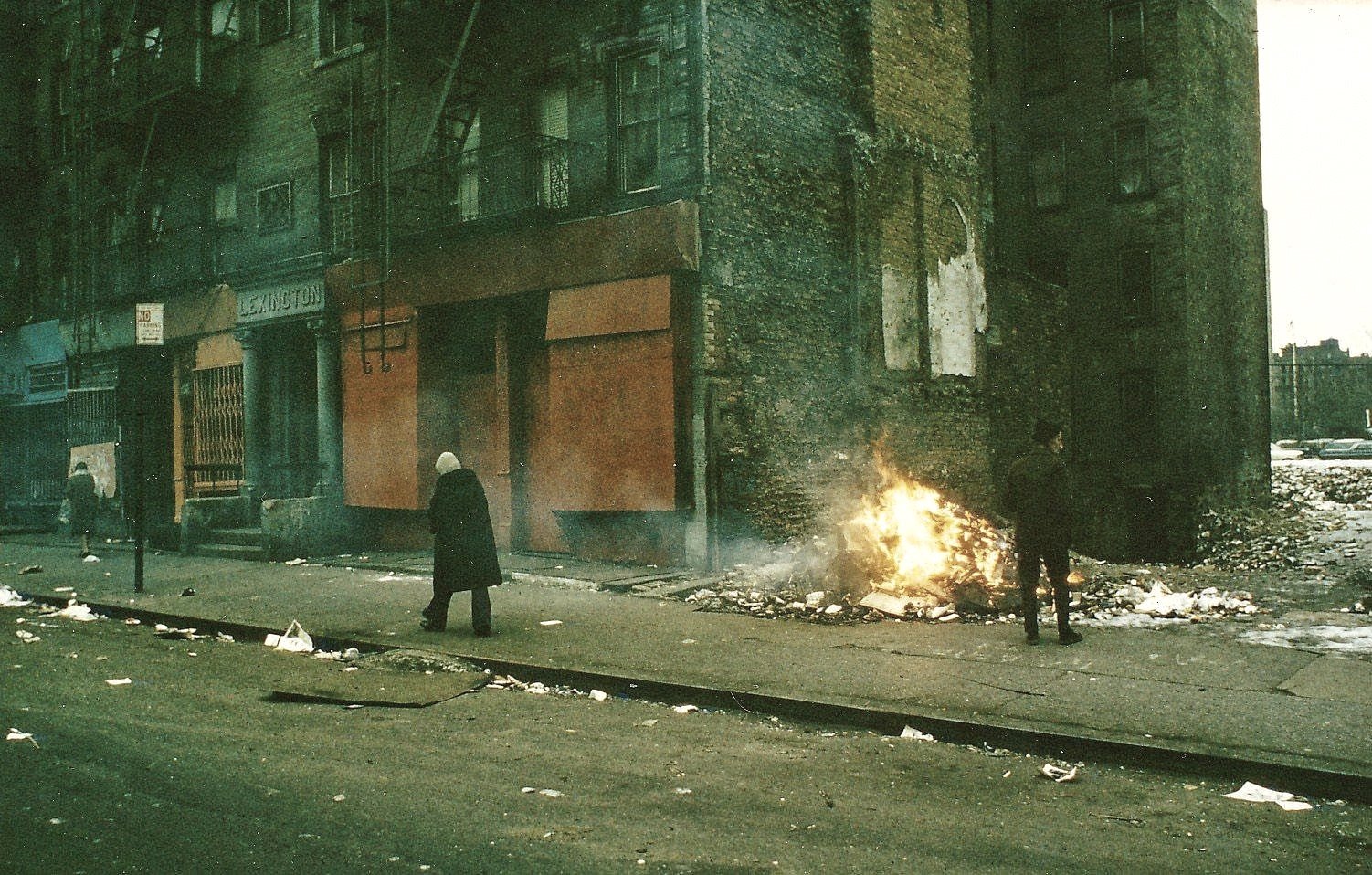Defining Deviancy Down
Daniel Patrick Moynihan knew something about deviancy. The U.S. Senator from New York some three decades ago wrote a classic essay “Defining Deviancy Down” with its underlying thesis that America, as a society, has been “re-defining deviancy” i.e. exempting conduct previously stigmatized to such an extent that it risks obliterating standards altogether. Beware of the encroaching numbness associated with normalizing bad behavior.
One can only imagine how he might have reacted to the case of one Darrell Brooks who last week intentionally plowed his SUV into the Waukesha holiday parade killing six and injuring dozens. The “suspect” had been a repeat offender with his numerous felony convictions and had just been arrested for trying to run over his ex. But the point here is not even about Mr. Brooks. For the record, he feels “demonized.”
The real point is about the District Attorney for Milwaukee County who, in response to questions about his judgement in granting an essentially free pass after that days-prior arrest, told a reporter, “Is there going to be an individual I divert (i.e. release back into the street) or I put into treatment program, who’s going to go out and kill somebody? You bet. It’s guaranteed to happen. It does not invalidate the overall approach.”
Ring the bell. We will discuss the referenced essay not only for its prescience but for its relevance today. Start with the way society seems to have normalized violence. The Columbine shooting of twelve students and a teacher in 1999 nearly brought the community to a standstill with all the soul searching. Now school shootings have become so regular that they’re just another part of the short news cycle with the obligatory offer of “Ts & Ps.” Property crime, for that matter, is practically a sport.
The normalization of crime was predicted by Sen. Moynihan as the result of the growing acceptance of “alternative” family structures (just one measurement of which is the rate of out-of-wedlock births) and the deinstitutionalization movement within the mental health profession. The subject of crime, however, is just one piece of the overall mosaic when it comes to normalizing bad behavior. Other elements may seem relatively trivial but all add to the picture.
Take language. Many of us are witness to its debasement within just a single generation. The f-word, its use at one time the secular equivalent of a mortal sin, then a venial one, and now is so commonplace that, in some circles, f-speak has become the lingua franca of comedy, lyrics, and of those otherwise unable to articulate an impassioned thought. Or, take manners, dress, personal appearance, and once-common courtesies.
One might suggest the lament for (those examples of) vanished standards is just another case of a besieged gentility cringing before a present, thought to be squalid and diminished. Perhaps so but the question is at what point does it tug at the very fabric of society.
Our MM 2/26/18 Postmodernism session was about the way truth -- its meaning once firmly rooted in the real world -- devolved in this postmodernist age to become a matter of perception. Truth, you see, is something made, not found. Normative moral relativism holds that because nobody is right or wrong, everyone ought to tolerate the behavior of others even when considerably large disagreements about the morality of particular things exist.
Where does this horseshit come from? It seeped into our social consciousness when no one was looking. It defined deviancy down.

